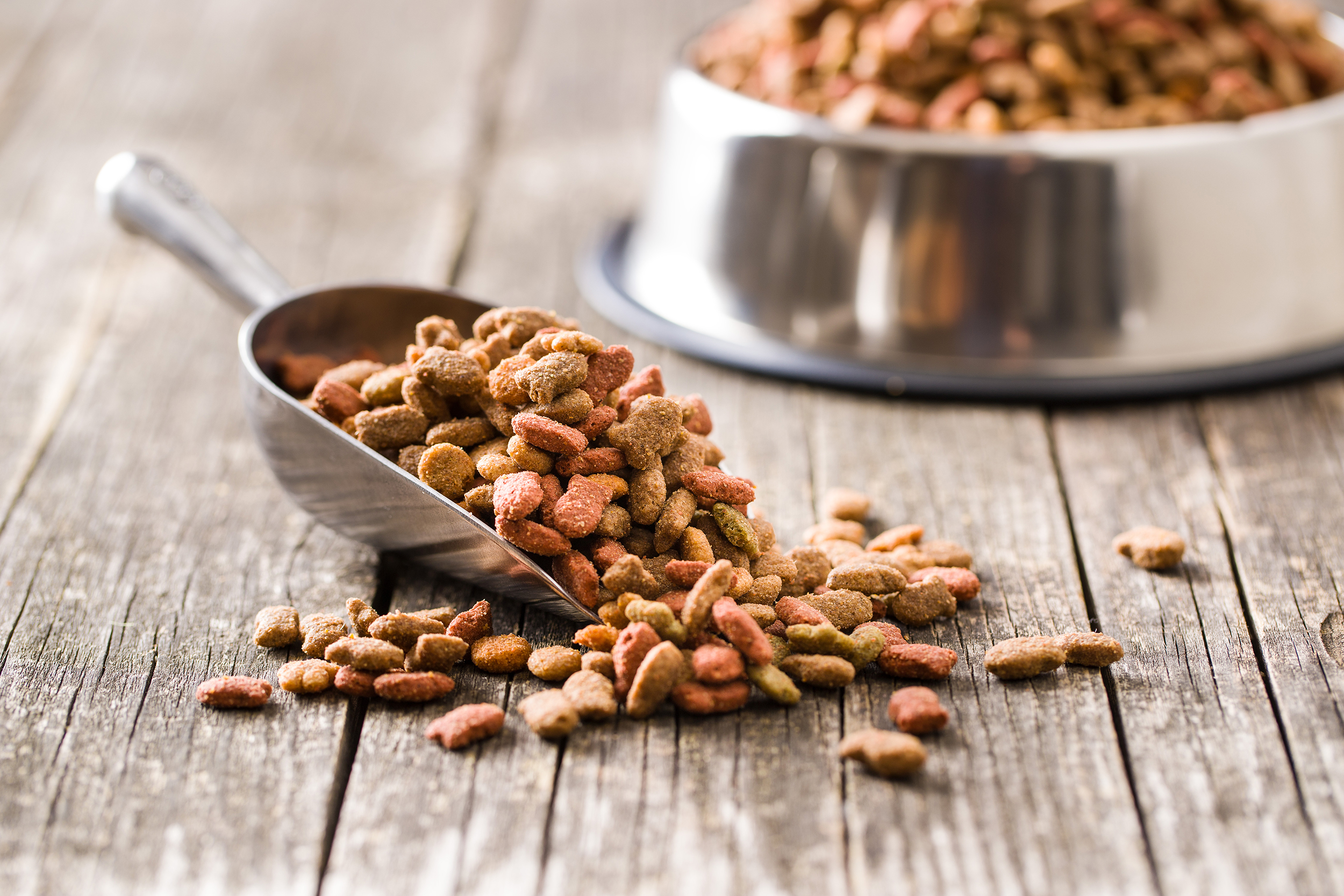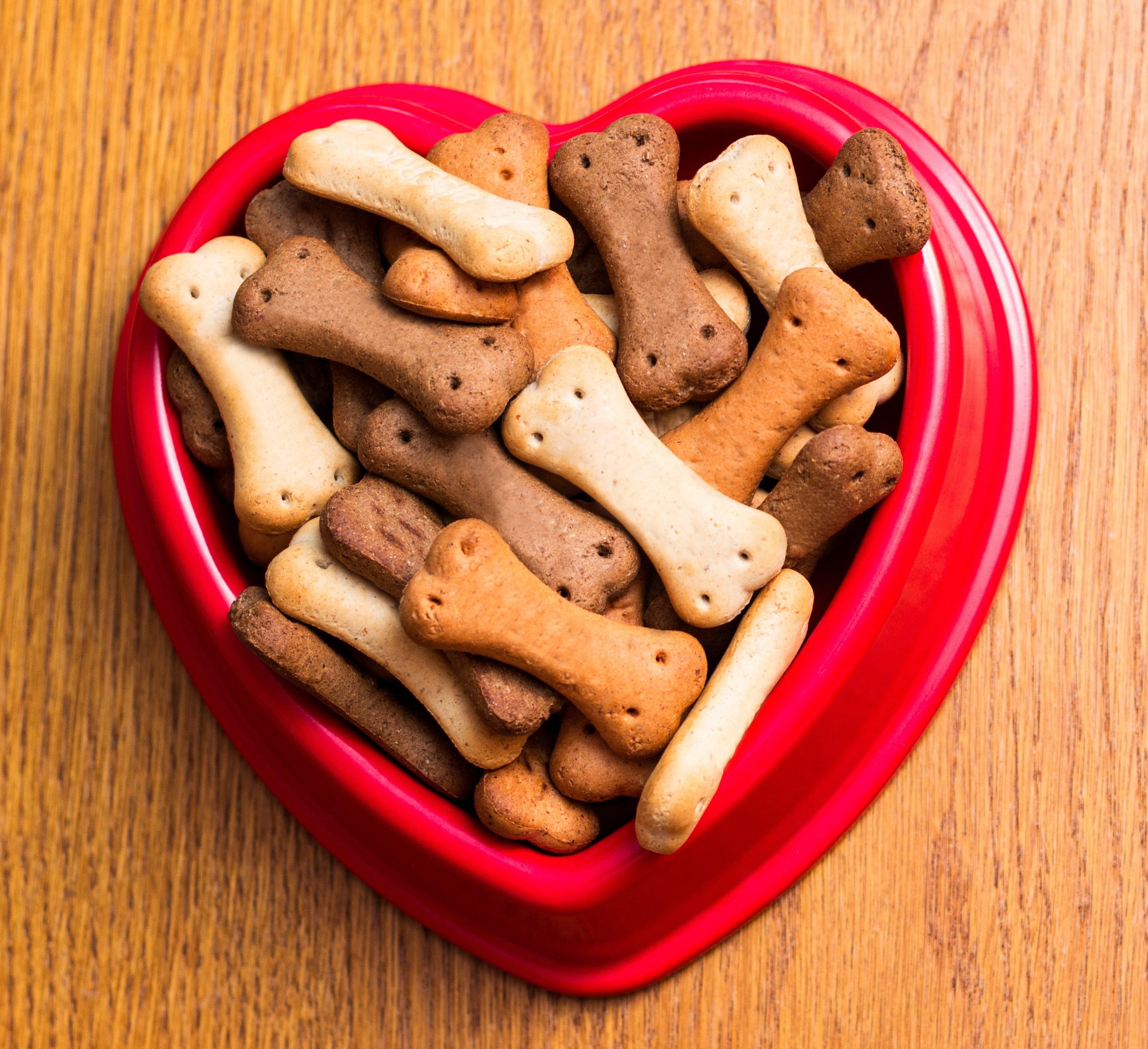
If you are a pet owner, you must know that mealtime is the most exciting time for your furry family member. And, when you are feeding your pet with EcoPet food, you are not only adding a boost of flavour to your dog’s kibble, but you are also adding fresh and healthy foods that they need to live a healthy, long and happy life.
However, there is always that one question that stands in the way: how much should I feed my dog?
If this question is bothering you, here are some critical factors that can help you to ensure your dog is eating properly.
1. Weigh Your Dog

One of the most simple and easiest ways to determine how much your dog should eat per day is by measuring out their food based on their body weight. His or her current weight can be determined as part of a scheduled examination, or you can simply stop by a facility to weigh your dog.
If you got this done with an exam, it would be great also if you could ask the vet’s opinion on your dog’s weight and whether the amount and type of food that you are giving your pet is appropriate or not.
Now, it is normal that smaller dogs would require less food compared with larger ones. However, below you will find a recommended feeding schedule for how much and how often dogs should eat a day, based on their weight:
Toy Dogs (Under 10 Pounds)
Traditionally, toy dogs refer to those small dog breeds that can wriggle their way straight into your heart and onto your lap. But, with their adorable looks and big personalities, they can easily stand out from a crowd. Some examples of these breeds are Pomeranian, Havanese, and Yorkshire Terriers.
- If these breeds weigh 3 pounds, they should be fed 1/3 cup of food per day.
- But, if they weigh 6 pounds, they should be fed 1/2 cup of food per day.
Small Dogs (10-20 Pounds)
Even though there is a fine and pretty blurred line between toy and small dogs, it is still good to know that dogs that are larger than a toy breed and weigh between 10- 20 pounds are regarded as small breeds. For example, Boston Terriers, Dachshunds, Shih Tzus, and Pugs are all small dogs.
- If these breeds weigh around 10 pounds, they should be fed 3/4 cup of food per day.
- If they weigh 15 pounds, they should be fed 1 cup of food per day.
- If they weigh 20 pounds, they should be fed 1 2/3 cups of food per day.
Medium Dogs (30-50 Pounds)
Australian Shepherd, Bull Terrier, and Collie are considered as medium breeds that require more quantity of food than the small breeds.
- If these breeds weigh around 30 pounds, they should be fed 1 3/4 cups of food per day.
- If they weigh 40 pounds, they should be fed 2 1/4 cups of food per day.
- If they weigh 50 pounds, they should be fed 2 2/3 cups of food per day.
Large Dogs (60-100+ Pounds)
German Shepherds, Golden Retrievers, Rottweilers, and Bernese Mountain Dogs are considered as large dogs.
- If these breeds weigh around 60 pounds, they should be fed 3 cups of food per day.
- If they weigh 70 pounds, they should be fed 3 1/2 cups of food per day.
- If they weigh 80 pounds, they should be fed 3 3/4 cups of food per day.
- If they weigh 90 pounds, they should be fed 4 1/4 cups of food per day.
- If they weigh 100 pounds, they should be fed 4 1/2 cups of food per day.
- Now, if your dog weighs over 100 pounds, you can add in an extra 1/3 cup of food.
2. Determine Your Dog’s Activity Level

Suppose your dog is a very energetic and active one that always herds the neighbourhood children to the bus stop. It is evident that such dogs need more calories than those adorable lapdogs (whose daily exercise consists only of climbing onto your lap).
3. Figure in Treats

We often like to give our furry friends one or two treats per day. However, did you know that, as per most veterinarians, your dog’s caloric intake should be limited from snacks to 10% of your dog’s daily diet? This number is supposed to be deducted from your dog’s daily meal calculation.
If you have successfully been able to determine how much food to feed your dog, why don’t you check out EcoPet, which can provide you with a range of options for adding flavour and nutrients to your pet’s kibble?
